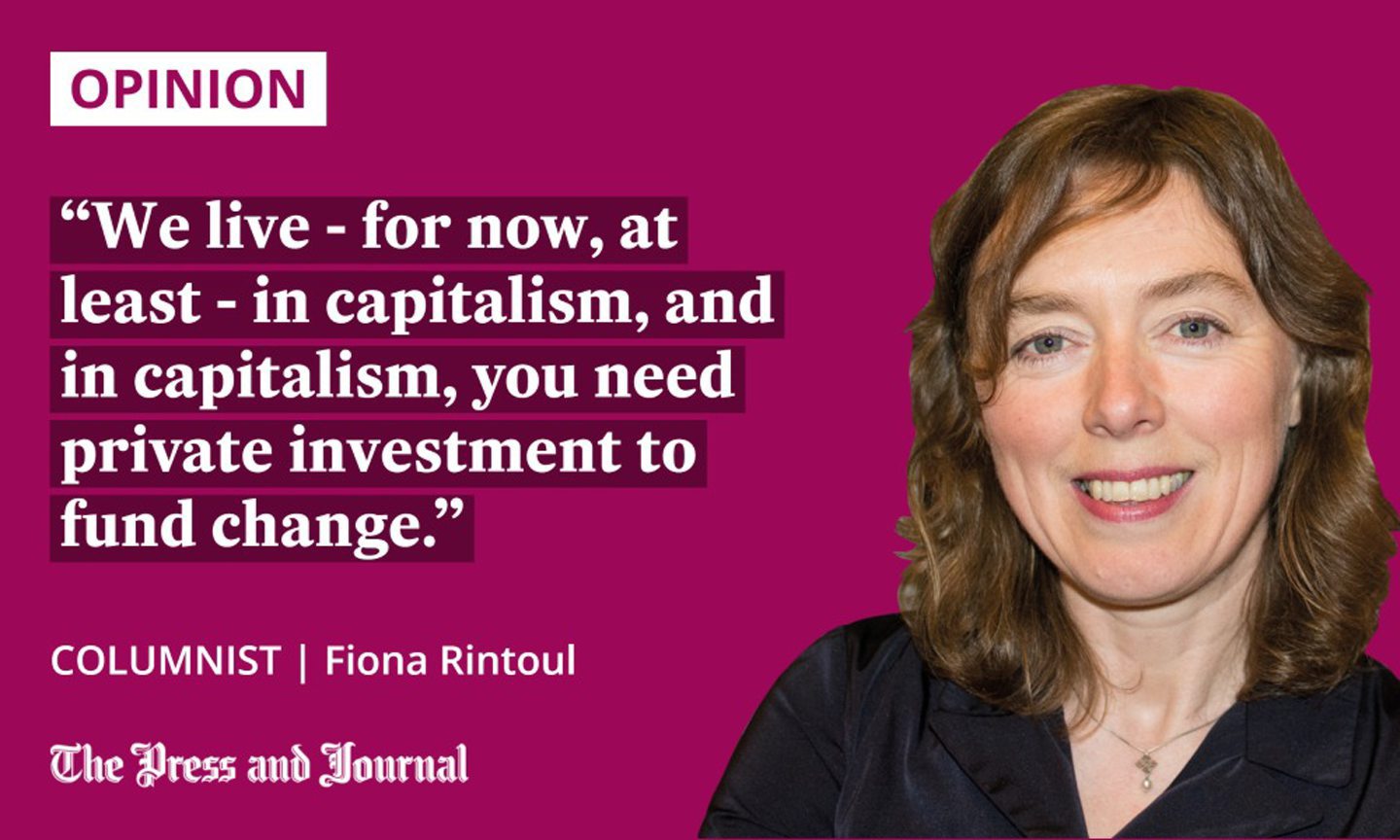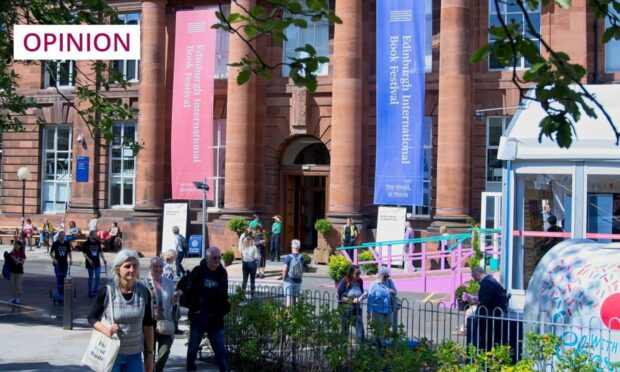It’s been a protest-heavy year – or so it feels.
France seems almost to have descended into civil war, as President Macron bludgeons through a raft of unpopular policies before disappearing into the sunset. But that’s France, birthplace of revolution. As a Breton friend once remarked to me: “It’s October. Of course, the teachers are on strike.”
If we’re not exactly strangers to protest here in the Europe’s northern fringe, we’re perhaps slightly less quick to the barricades than our Gallic cousins. This year, however, we’ve been giving it welly on a range of fronts.
Never, I don’t think, have I seen my gentle Hebridean neighbours as exercised as they were about the ultimately doomed Highly Protected Marine Areas (HPMAs), which formed part of the SNP and Scottish Greens’ Bute House Agreement. Billed as a programme to build a greener, fairer, independent Scotland, the agreement has instead become a place where policies go to die. None merited a trip to the dump more than HPMAs.
Protests against HMPAs succeeded because the people who were protesting knew what they were talking about. And HPMAs failed because the people who cooked them up didn’t know what they were talking about.

In the same vein, no one could argue with those who marched through Glasgow in June to protest about the cancellation of ferry services in South Uist. They knew what they were talking about, and their cause was just.
Key takeaway: it’s important to know what you’re talking about when you stage a protest.
Which brings me to the recent author walkout at Edinburgh Book Festival. Why did the scribblers quit the scene? Because the book festival is sponsored by Baillie Gifford, an Edinburgh-based investment management firm. And said Baillie Gifford invests around £5 billion of client monies in companies that produce fossil fuels – or, to put it as author Mikaela Loach did, Baillie Gifford is “bankrolling this climate crisis”.
Crikey. J’accuse! Baillie Gifford is incinerating our planet. Pass it on!
Well, gosh, it’s so easy, isn’t it, to feel good about laying into a company such as Baillie Gifford? They’re rich, the swines! They invest people’s money! Off with their tawdry heads!
Baillie Gifford are doing far better than many others
In vain do the sober Edinburgh investment managers protest that only 2% of their assets under management are invested in fossil fuel companies, which is less than many of their competitors. That’s still a lot! Or that the fossil fuel companies they do invest in have largely turned away from fossil fuel extraction and towards renewable energy sources – not least because, ultimately, they will be stock-market toast if they don’t. They’re still fossil fuel companies!
What would the authors have Baillie Gifford do, I wonder? Shut up shop? Accept their inherent hellishness and sponsor motor racing instead of book events? Withdraw all investment from fossil fuel companies, including those that are investing in the transition to renewable energy sources?
I’m not sure they’d like it if the investment manager did any of the above. We live – for now, at least – in capitalism, and in capitalism, you need private investment to fund change.
Alongside other authors, I led a mass walk-out from my event at Edinburgh Book Festival over their lead sponsor Baillie Gifford’s £5billion invested in companies that make money from fossil fuels. They profit from climate destruction and get greenwashed by these festivals. Watch: pic.twitter.com/l5mO3zWaKq
— Mikaela Loach – It’s Not That Radical 📖 (@mikaelaloach) August 14, 2023
All investment managers are in business to make money. No doubt about that. But some do try harder than others to invest in a sustainable way that promotes environmental protection and social inclusion.
A few years ago, I had a conversation with the head of an agency that rates companies on environmental, social and governance criteria about ethical investment. We bemoaned the dominance of Big Tech in so-called ethical investment portfolios. “Is there anyone who is really trying to do it properly?” I asked. She sighed. “Very few. A couple. Maybe Baillie Gifford…”
Just saying.
This protest is neither meaningful nor helpful
I’m not here to defend fossil fuel companies – or investment managers. They absolutely must be held to account. Neither do I wish to suggest that we should go softly-softly on the changes we need to make to protect our planet from climate change. We mustn’t. It’s obvious to anyone that we need radical change.
But we do owe it to ourselves and everyone around us to ensure that the actions we take and the protests we make are meaningful. Slamming Baillie Gifford for sponsoring Edinburgh Book Festival, and the festival organisers for accepting the company’s sponsorship is not meaningful.
Fixing the climate crisis is not going to be easy, and it probably isn’t always going to be that much fun
It’s performative protest that betrays a dearth of understanding and says more about the initiators than the targets. It is quite easy to throw your toys around on stage at a book festival in front of a supportive audience. I imagine it’s even rather gratifying and fun.
Fixing the climate crisis is not going to be easy, and it probably isn’t always going to be that much fun. It requires sacrifices – some of them quite profound – and we’re all going to have to pull on our big girl and boy pants. We’re also going to have to work together. With everyone who is trying to make a difference. Yes, including Baillie Gifford.
Fiona Rintoul is an author and translator
